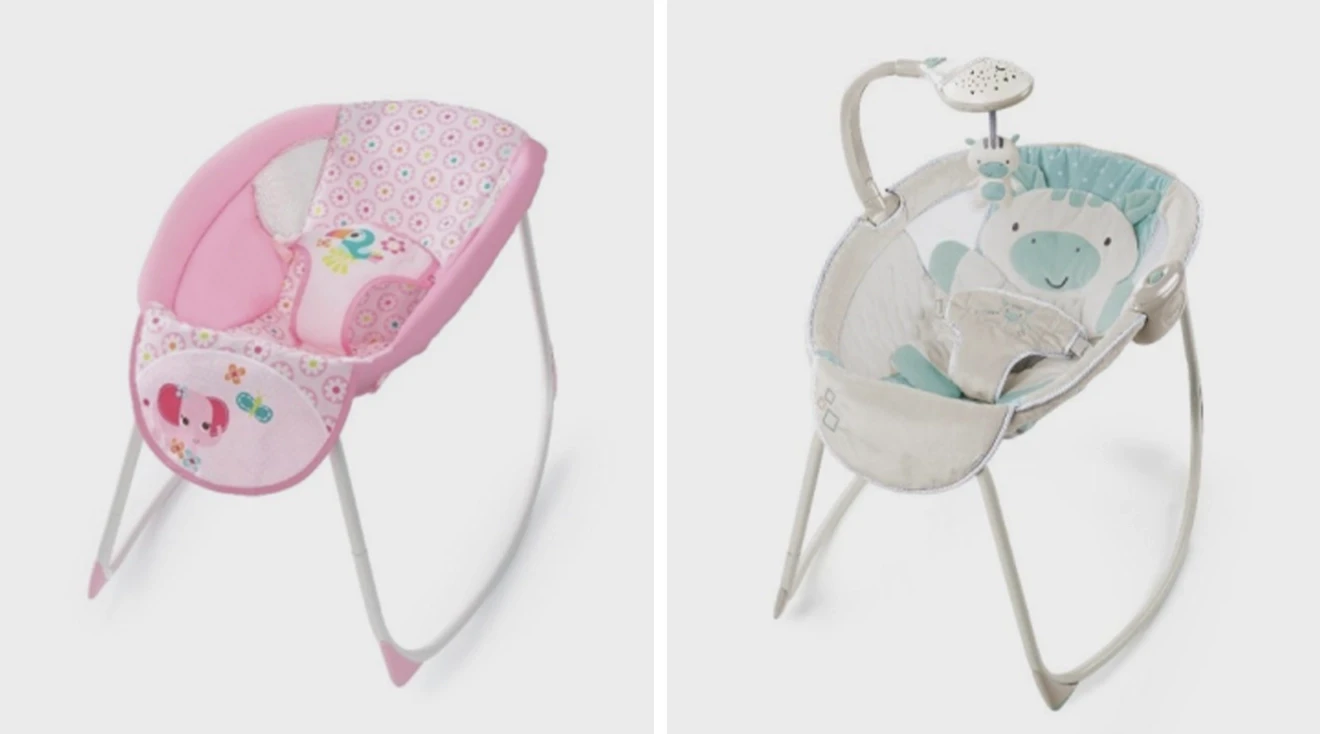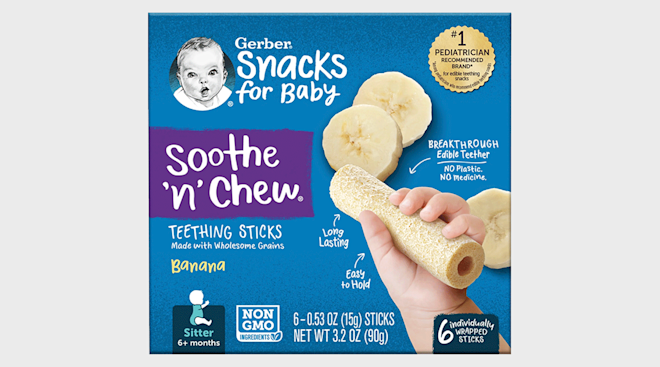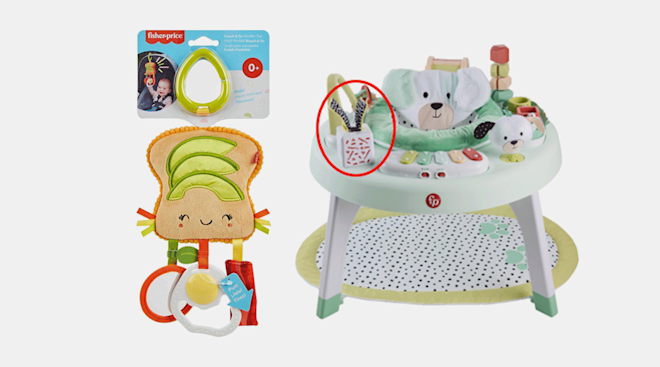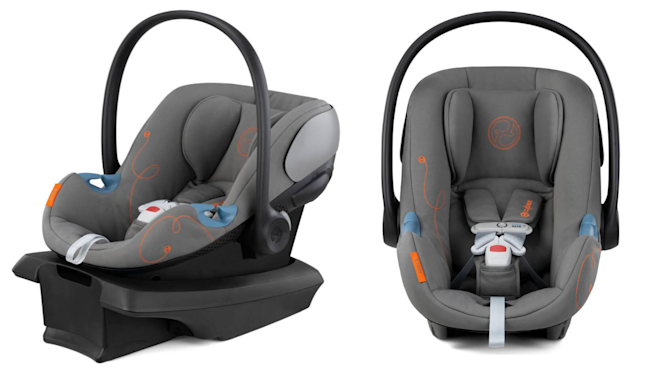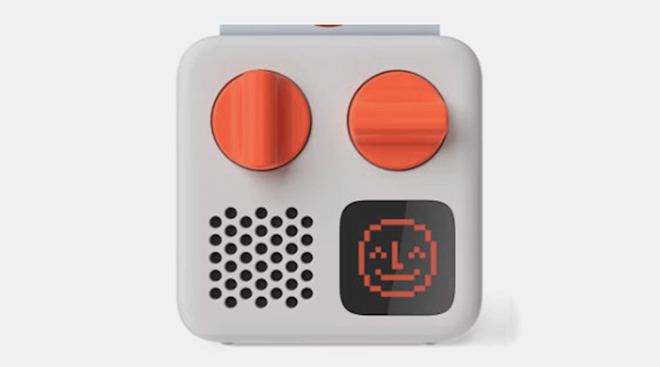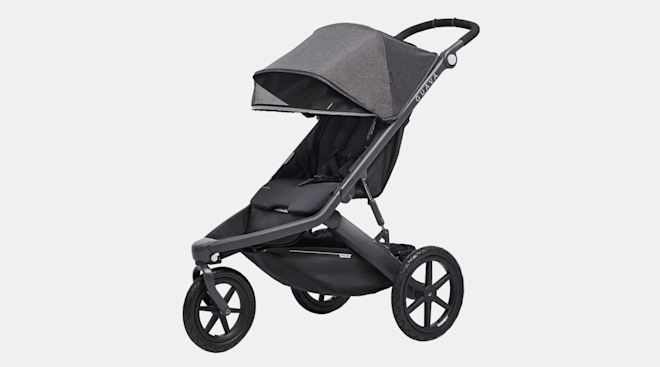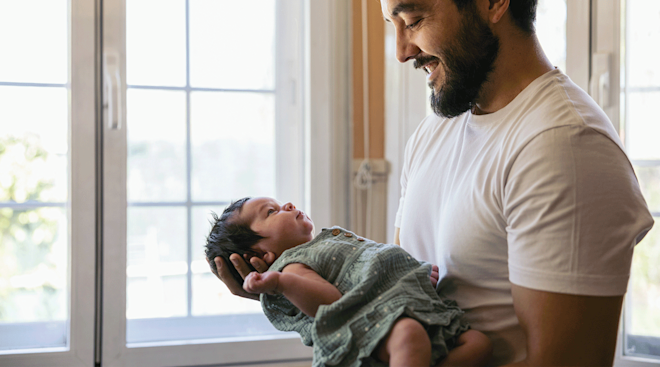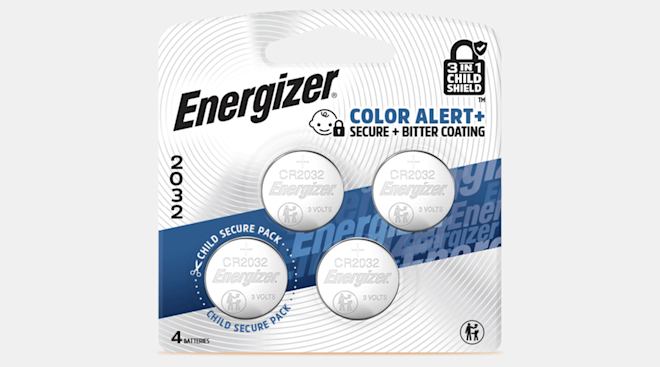CPSC Announces Second Recall of Sleep Rockers After Deaths
The Consumer Product Safety Commission (CPSC) has many jobs but at the end of the day its ultimate goal is to help keep consumers safe by warning them about potentially dangerous products. While the organization has issued many recalls and warnings about items that could pose danger to baby, sometimes a reminder is in order.
Yesterday the CPSC reannounced the recall of 694,000 of Kids2 Rocking Sleepers and 4.7 million of Fisher Price’s Rock ‘n’ Play Sleepers. The organization originally issued a recall in April 2019 for the Kids2 and Fisher Price rocking sleepers following the deaths of 11 infants in connection to the sleepers. Despite the organization’s best efforts an additional four children have died since the recall was issued prompting the CPSC to send out a reminder.
This second recall comes just months after the Safe Sleep for Babies Act was signed into law banning inclined rockers and padded crib bumpers. The American Academy of Pediatrics (AAP) has long advised parents to not use inclined sleepers as babies can start to roll over as early as 3 months old onto their stomachs, increasing the risk of suffocation.
The AAP and CPSC recommend that caregivers get rid of any inclined sleepers and follow the AAP’s recently updated guidelines for safe sleep. Parents with Kids2 Rocking Sleepers can still contact the company for a refund by visiting Kids2.com. You can also stay up-to-date on the latest product recalls by signing up for the CPSC’s recall emails here.
Please note: The Bump and the materials and information it contains are not intended to, and do not constitute, medical or other health advice or diagnosis and should not be used as such. You should always consult with a qualified physician or health professional about your specific circumstances.
Navigate forward to interact with the calendar and select a date. Press the question mark key to get the keyboard shortcuts for changing dates.

































